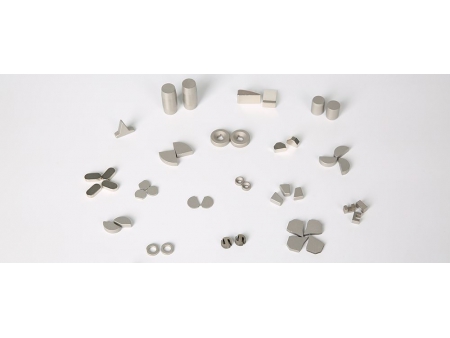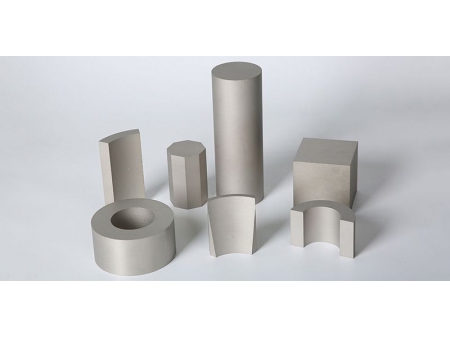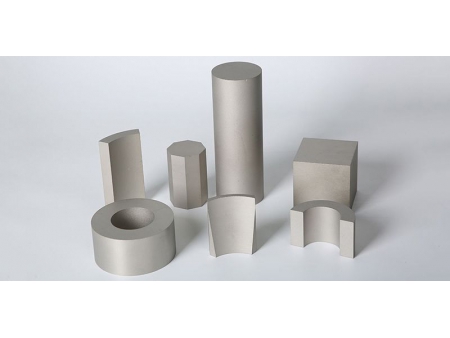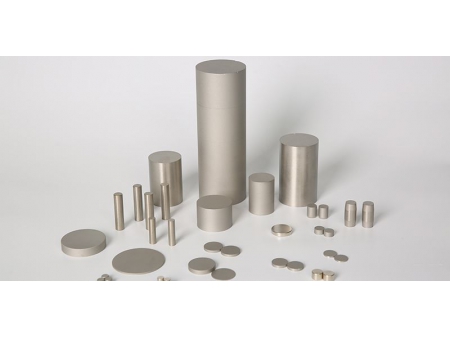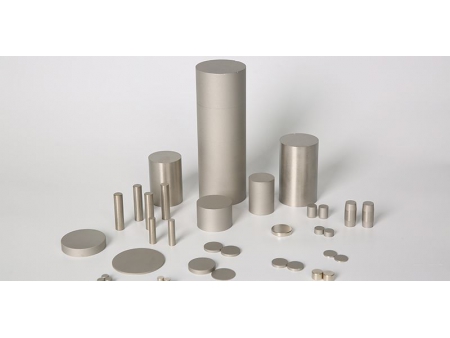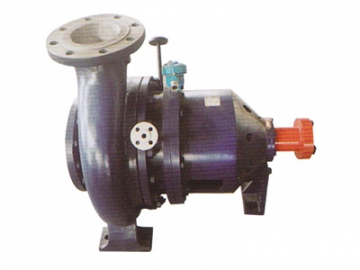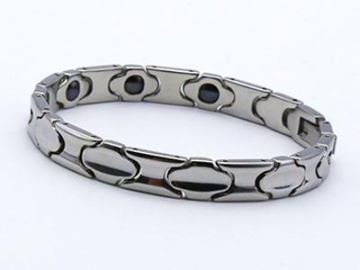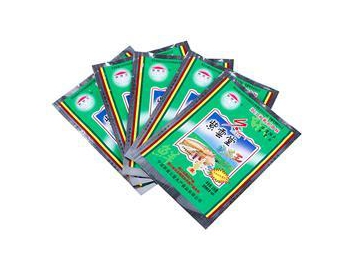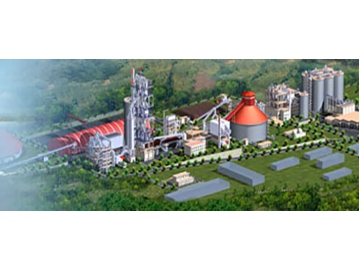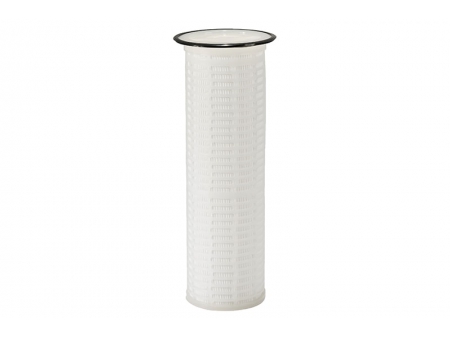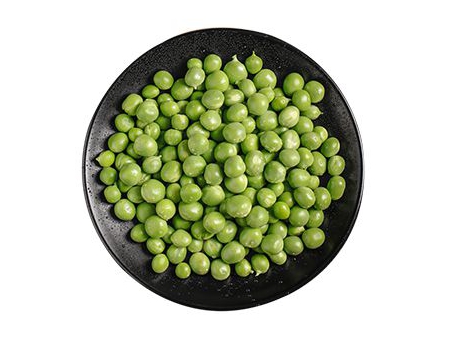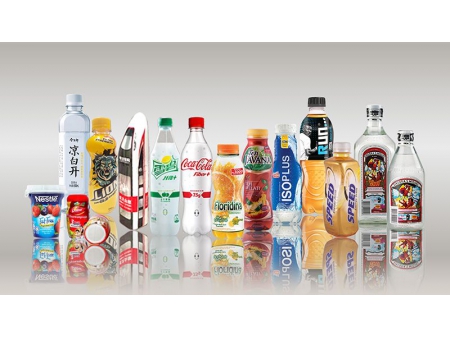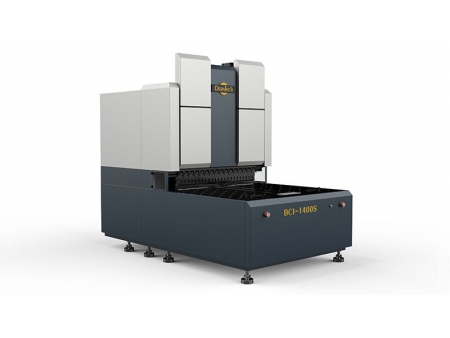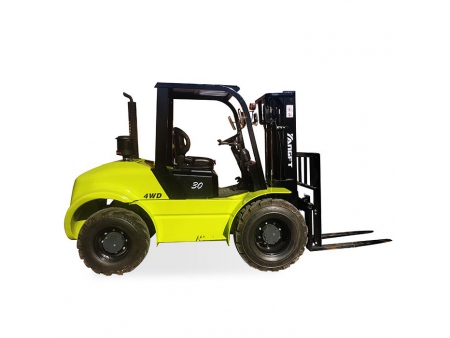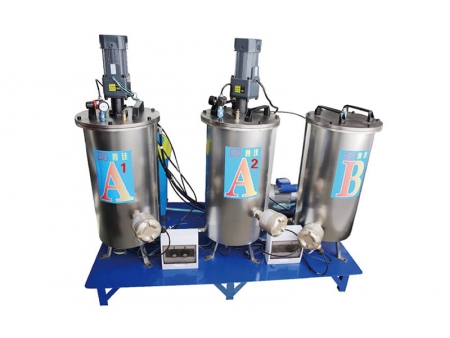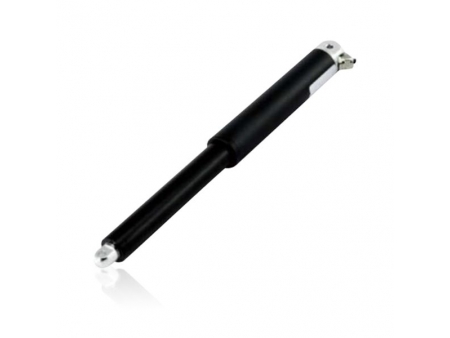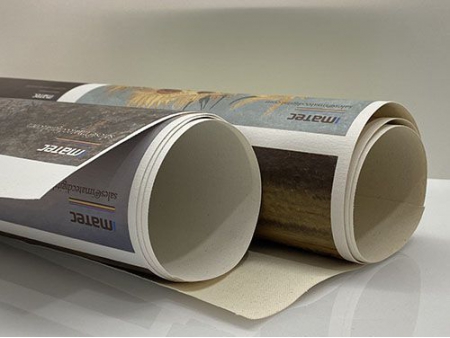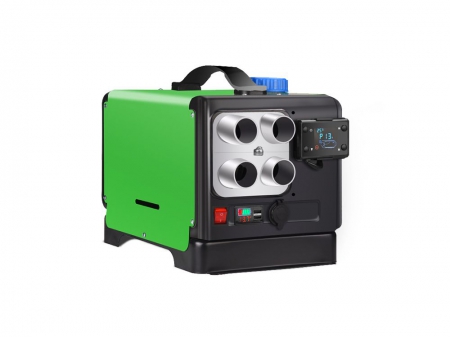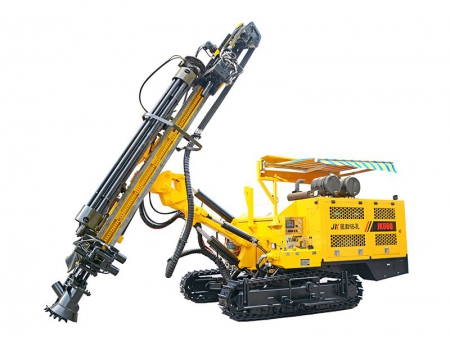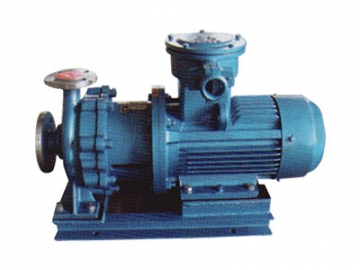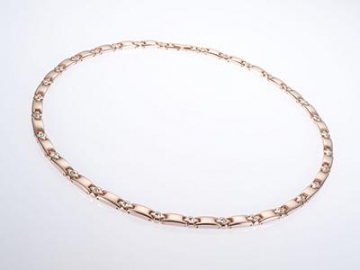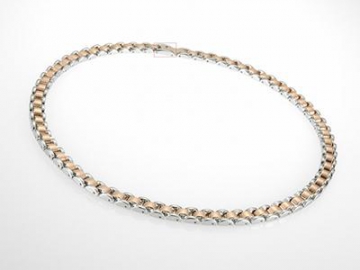Samarium Cobalt Magnets-SmCo 5
Consisted of samarium and cobalt with an atomic ratio of 1:5
The 1:5 samarium cobalt magnets, also known as SmCo5, are made by melting, grinding, pressing, and sintering a combination of rare earth metals such as samarium, cobalt, gadolinium, and praseodymium. Our 1:5 samarium cobalt magnets offer a maximum magnetic energy range of 10-25 and can withstand temperatures up to 250℃. While their maximum magnetic energy product is lower than that of our 2:17 samarium cobalt magnets, their mechanical properties and ductility are superior. This makes them easier to machine into complex shapes such as thin disks, squares, rings, and custom shapes.
Moreover, our 1:5 samarium cobalt magnets require a lower magnetizing field compared to our 2:17 samarium cobalt magnets. They can be magnetized to saturation with a field strength of only 40,000 Gauss, whereas the 2:17 magnets require a higher field strength of 60,000 Gauss or more. Although the high rare earth content in our 1:5 samarium cobalt magnets makes them relatively more expensive than the 2:17 magnets, customers can select the most suitable magnets for their application.
Sintered SmCo5 Magnet Magnetic Properties Standard (General)| Material | Grade | Br Remanence Br | Hcb Coercivity Force | Hcj Intrinsic Coercivity | (BH)max Maximun Energy | Tc Curie Temperature | Tw Max. Operating Temperature | Temperature Coefficient of Br α(Br) | Temperature Coefficient of Hcj β(Hcj) | ||||
| T | KGs | KA/m | KOe | KA/m | KOe | KJ/m3 | MGOe | ℃ | ℃ | %/℃ | %/℃ | ||
| Pure SmCo5 | YX-16s | 0.79-0.84 | 7.9-8.4 | 620-660 | 7.8-8.3 | ≥1830 | ≥23 | 118-135 | 15-17 | 750 | 250 | -0.035 | -0.28 |
YX-18s | 0.84-0.89 | 8.4-8.9 | 660-700 | 8.3-8.8 | ≥1830 | ≥23 | 135-151 | 17-19 | 750 | 250 | -0.040 | -0.28 | |
YX-20s | 0.89-0.93 | 8.9-9.3 | 684-732 | 8.6-9.2 | ≥1830 | ≥23 | 150-167 | 19-21 | 750 | 250 | -0.045 | -0.28 | |
YX-22s | 0.92-0.96 | 9.2-9.6 | 710-756 | 8.9-9.5 | ≥1830 | ≥23 | 167-183 | 21-23 | 750 | 250 | -0.045 | -0.28 | |
YX-24s | 0.96-1.00 | 9.6-10.0 | 740-788 | 9.3-9.9 | ≥1830 | ≥23 | 183-199 | 23-25 | 750 | 250 | -0.045 | -0.28 | |
| 1:5 Low temperature coefficient (SmGd)Co5 | LTC (YX-10) | 0.62-0.66 | 6.2-6.6 | 485-517 | 6.1-6.5 | ≥1830 | ≥23 | 75-88 | 9.5-11 | 750 | 300 | Temp. Range 20-100℃ 100-200℃ 200-300℃ | α(Br) 0.0156%/℃ 0.0087%/℃ 0.0007%/℃ |
| Calculation of Theoretical Values of Br and Hcj at High Temperature | The temperature coefficients of remanence Br and intrinsic coercivity Hcj are measured at 20°C to 150°C, only for reference. Theoretical calculation formula (T1 = room temperature (usually 20℃), T2=high temperature): Br@T2=Br@T1-[(T2-T1)*α(Br)*Br@T1] Hcj@T2=Hcj@T1-[(T2-T1)*β(Hcj)*Hcj@T1] Taking YX-20s,Br=0.9T, Hcj=1830KA/m as an example, the theoretical value at 150℃ is calculated as follows: Br@150℃=0.9-[(150-20)*0.045%*0.9]=0.8473T Hcj@150℃=1830-[(150-20)*0.28%*1830]=1163.88KA/m | ||||||||||||
| Remark: 1) There will be a slight test error during the magnetic performance test, but the error rate is less than 1%. Because the roughcast are not fully inspected, the performance indicators of all grades will have individual deviations. 2) The maximum working temperature has a lot to do with the specific working environment, load coil and other factors. 3) With the improvement of technology, the performance index may be changed, please refer to the latest version of NGYC property sheet. | |||||||||||||
| Item | Unit | SmCo5 Magnet |
| Density (D) | G/Cm3 | 8.3 |
| Curie Temperature (Tc) | K | 1000 |
| Vickers Hardness (Hv) | MPa | 450-500 |
| Compressive Strength (δc) | MPa | 1000 |
| Resistivity (ρ) | Ω.Cm | 5~6×10-5 |
| Bending Strength (δb) | Mpa | 150-180 |
| Tensile Strength (δt) | Mpa | 40 |
| Coeff. of Thermal Expansion (α) | (10-6/℃) | ∥ 6 ⊥12 |
Please note that the above values are for reference purposes only and should not be used as the sole basis for material acceptance or rejection.
